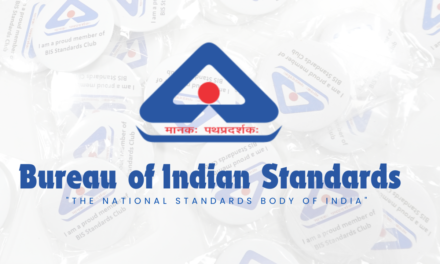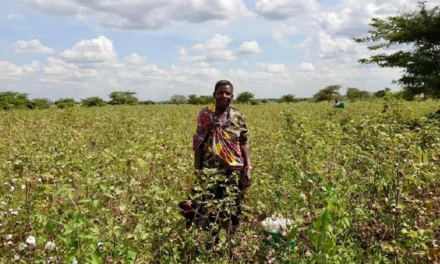A Comprehensive Analysis of the Textile and Apparel Ecosystem in Tamil Nadu

Tamil Nadu is a prominent player in India’s textile and apparel landscape, boasting a robust ecosystem encompassing various segments like spinning, weaving, knitting, dyeing, and garment manufacturing. The state’s textile industry is deeply ingrained in its history, with traditional crafts like handloom weaving holding significant cultural and economic importance.
The presence of well-established clusters in cities like Coimbatore, Tirupur, and Erode has fostered specialization and efficiency within the industry. Coimbatore, often called the “Cotton City,” is renowned for its cotton spinning and textile mills, while Tirupur has emerged as a global hub for knitwear manufacturing. These clusters have nurtured a skilled workforce and facilitated the growth of ancillary industries, contributing significantly to the state’s economic development.
The Tamil Nadu government has actively supported the growth of the textile sector through various initiatives, including infrastructure development, skill development programs, and financial incentives. These efforts aim to enhance the industry’s competitiveness, attract investments, and create new employment opportunities.
However, the industry faces challenges such as competition from other states and countries, the need to address environmental concerns and promote sustainable practices, and the imperative to embrace technological advancements to maintain global competitiveness. By addressing these challenges and capitalizing on its strengths, Tamil Nadu can further solidify its position as a leading textile hub in India and contribute significantly to its economic growth.








